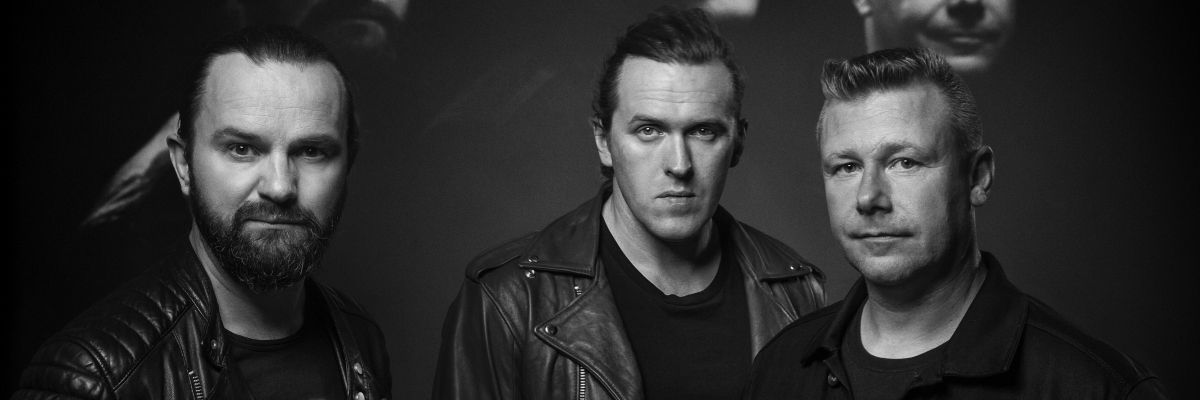
Dizzy Mizz Lizzy
Booking Agent
Jörg Düsedau
schroerg@dragon-productions.com
All regions
Biography
Søren on drums, Martin on bass, and Tim on guitar and vocals: the formula hasn’t changed one bit since the day three teenage boys got down to business in a rehearsal room. Now, 30 years later, Dizzy Mizz Lizzy embarks on their fourth decade as central figures in the Danish rock world. Hailed as a sensation when they debuted in the 90s, the band made a triumphant comeback in the 10s. Heading into the 20s, Dizzy Mizz Lizzy continues their journey of creative discovery on the forthcoming album, Alter Echo. With a catalogue of work evenly balanced between their incandescent rise in the 90s and second coming, they continue to write and compose with creative freedom still making music that resonates with listeners in Denmark and beyond.
Front man Tim Christensen shares a few thoughts on Dizzy Mizz Lizzy and Alter Echo here.
So long to Dizzy Mizz Lizzy as a flash in the pan: A lot of people thought of us as a flash in the pan in the 90s. That view persisted after we split up the first time, which was unsurprising: Record sales were great but the party quickly died down. So people were still looking at us that way when we got back together and played our first shows and when we released our third album. But now we’re far beyond just a passing fad trying making a second go of it. It’s super liberating to have this clean slate and know that we can do exactly what we want. We don’t have to prove ourselves to anyone, and we can sound however we like. But there’s also some pressure on us, because we’ve had to make a choice: are we going to stick with the nostalgia, or are we going to try to evolve in new directions? We’re seeking to evolve, because stagnation would be the death of our creativity. And I don’t want to tour with a dead band. That’s also reflected in the album title, Alter Echo. We’re a new, alternative reflection of who we’ve always been. I’m really quite proud that we’ve survived longer as a band than in our first incarnation and that we’ve recorded just as many albums as we did on that first time round.
A deep dive into contemplation: The songs have grown darker, heavier and longer. It all happened organically because I’ve been listening to a lot of progressive metal, which has made its way into our trio. You can see it most clearly in the fact that the second half of the record is a 23-minute track called Amelia. But it’s not just 48 choruses it’s a suite in five parts. The first part just came about as I was doodling on the guitar and the next part came as a natural extension of that. When I played it for the other two, it lasted eight minutes. I wasn’t sure if they would just write it off as too weird or out there. But they were right there with me and went along with it. It kept growing into a mosaic of inseparable pieces. We relished the journey of this deep dive and we hope that others enjoy coming along for the ride. It’s so rewarding it almost feels like a victory to completely immerse yourself in the music and let it take you where it may. Instead of chasing a quick fix every day, which also has its merits. But if you’re always just scratching the surface, life loses its nuance and ultimately we end up as more boring people.
Songs of misguidedness: A recurring theme in the album’s lyrics is being misguided or feeling astray. Take Amelia, for example she’s a portrait drawn from pieces of different people in my life. Her story is that everyone around her can see that she’s misguided, but to her it all seems completely right. So I’m reflecting on this blindness that exists in parts of everyone’s life. For us in the band, we’ve definitely felt creatively misguided at times. We went in the studio without any material and tried to just plug in and play, based on some romantic notion that something magical would materialise out of thin air. And that’s certainly how a bunch of legendary rock records came to be. But when we tried that approach, nothing happened and we had to give up. When we met up again, I said that I wanted to take on the role of producer, and the guys were relieved and appreciated that somebody was finally willing to take responsibility for the direction. It has been tough for a perfectionist like me, but also really rewarding because I enjoy letting new sources of inspiration into my system and here I’ve had the opportunity to follow the process to its natural conclusion.
Unity in a time of individuals: I find it moving to think about the fact that we still play together every day. We started as 14-year-olds, locking ourselves up in a room and determined to become a band. None of us had really played in a band before that, and we never played in other constellations. It was just the three of us. So we developed this lasting symbiosis. It gave us a kind of X-factor in the original sense, and that harmony makes us heavy duty. Especially now that we’ve become adults who are capable of talking things through if something gets to us. That’s also why I think that, by playing in a band, we represent something important in a time that is so focused on individuals and soloists. We’re a community that can be moved to a stage and become an even bigger community. When people let themselves be drawn into a musical community, I think it’s a very enriching experience. That might sound a bit highbrow, but I really believe it.
Tim Christensen formed Dizzy Mizz Lizzy with Martin Nielsen and Søren Friis in 1988. They won a renowned annual contest for Danish rock bands in 1993 and the following year they released their debut album, which sold more than 250,000 copies in Denmark. The band split up after releasing the album Rotator in 1996 but reunited for a single performance in 2006 and then for a full-on tour in 2010. The group’s third album, Forward in Reverse, went to number 1 on the Danish hit list in 2016 the same year that Dizzy Mizz Lizzy performed on Roskilde Festival’s Orange Stage.
Top Tracks
Latest Videos
Media
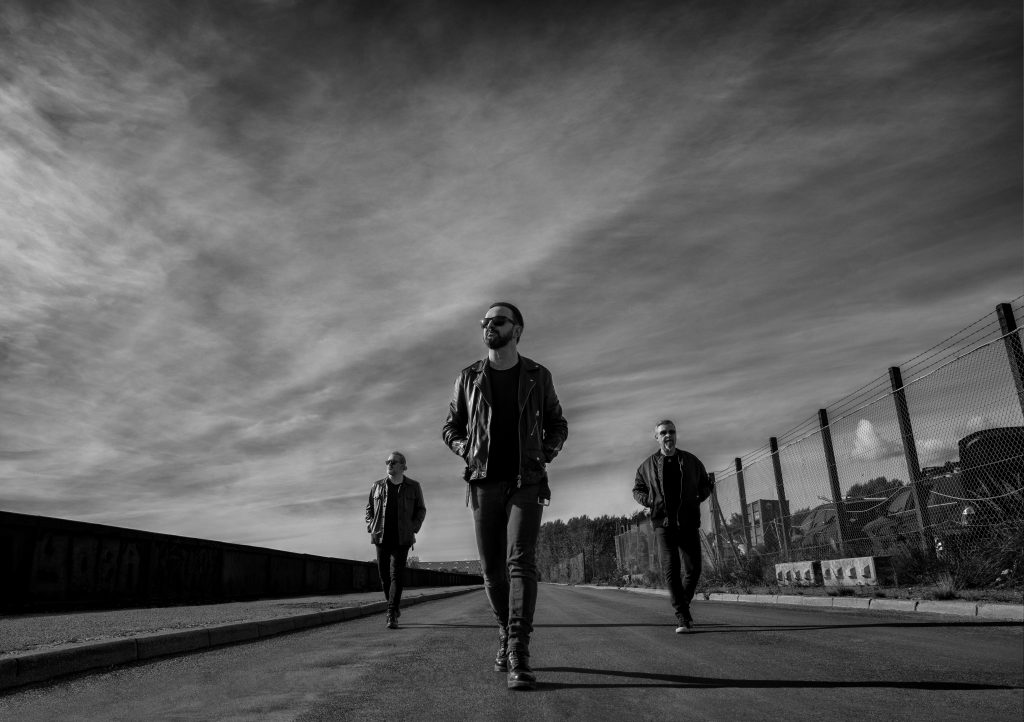
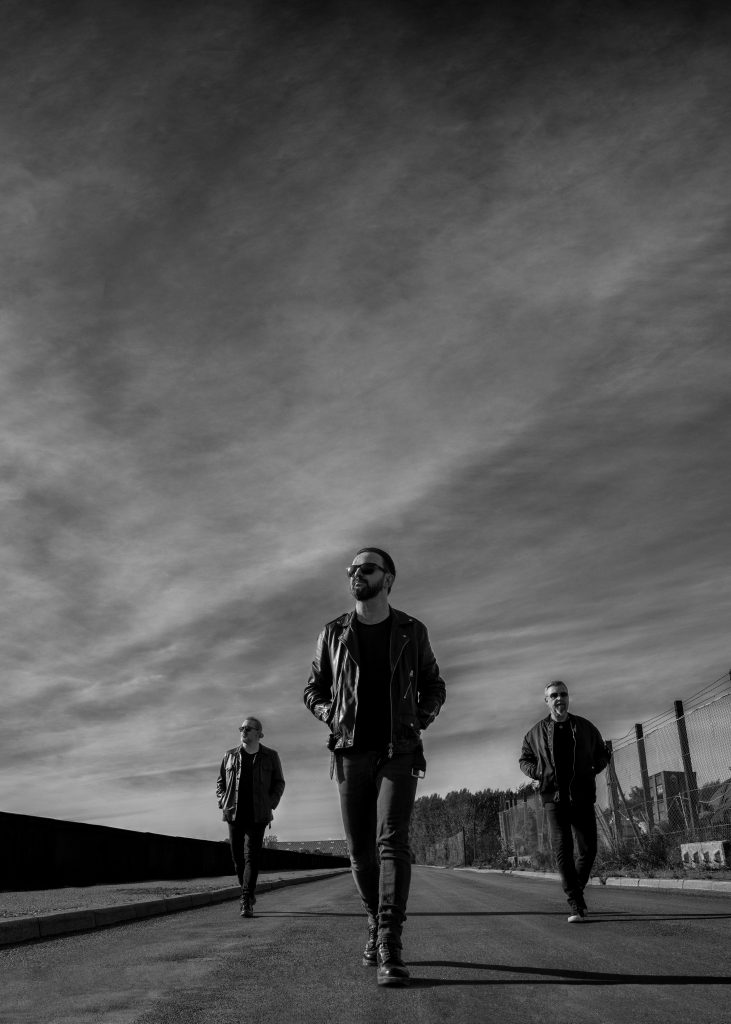
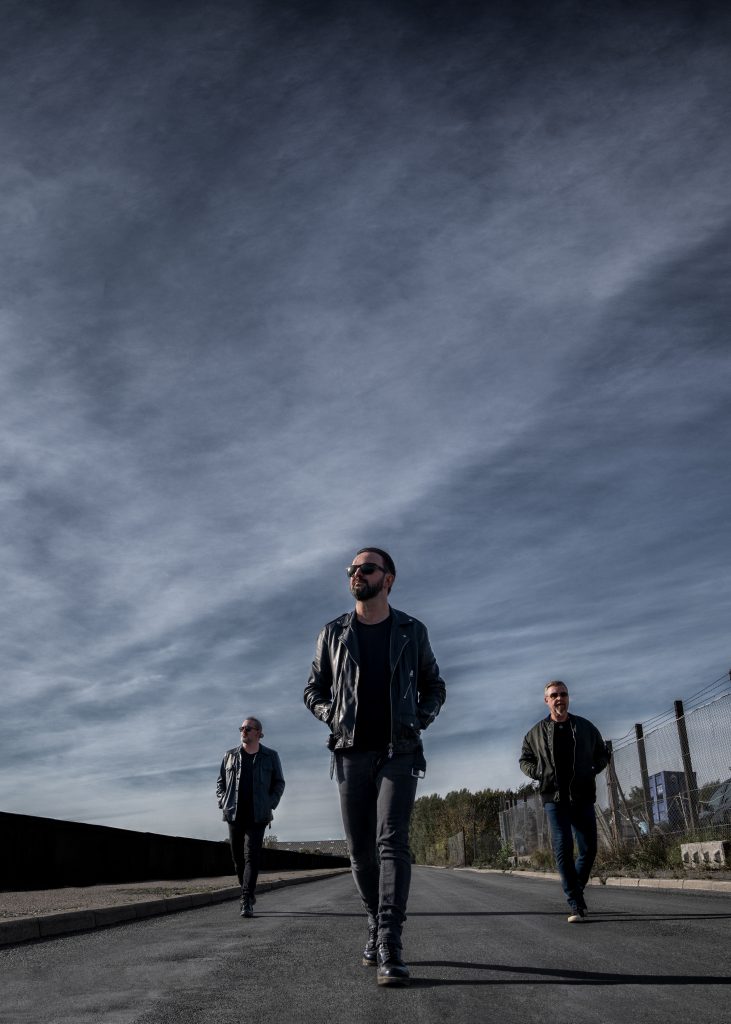
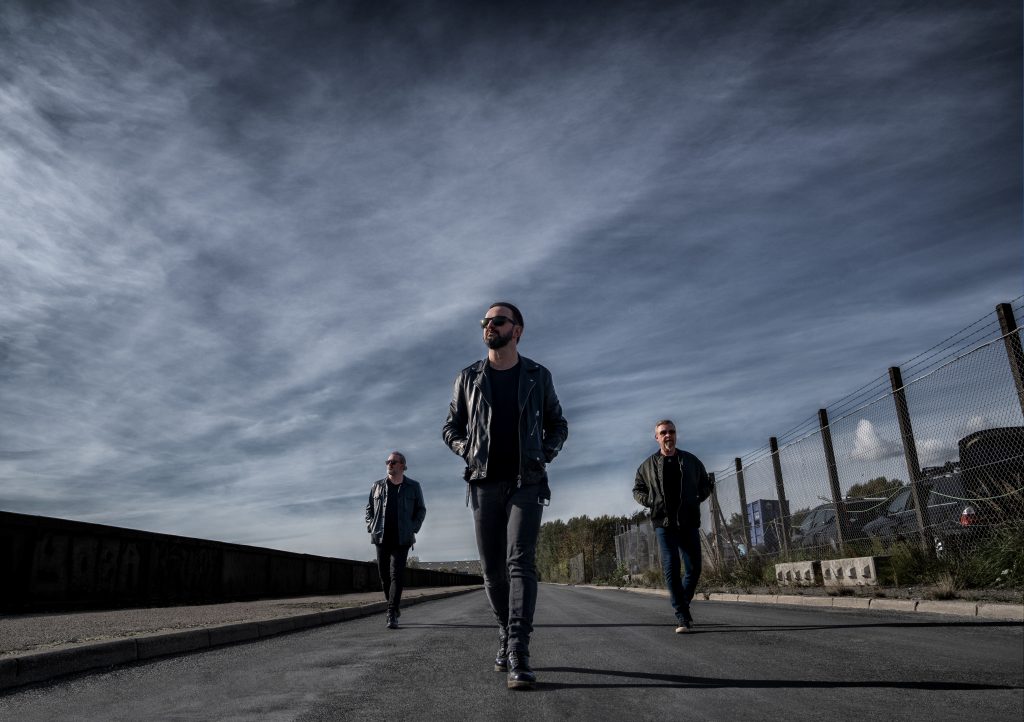
Tour Dates
No shows booked at the moment.
No shows booked at the moment.

